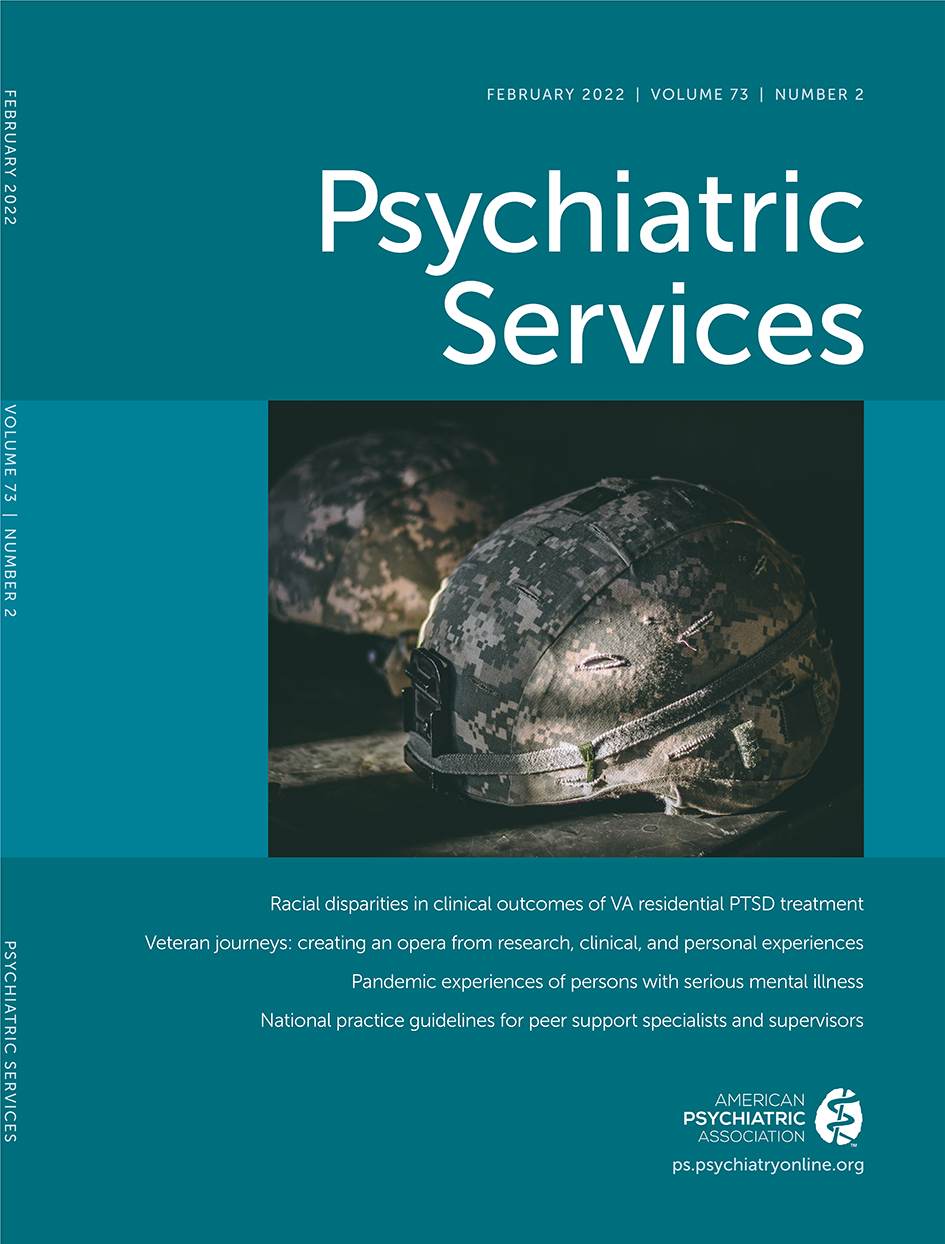Care Management for Serious Mental Illness: A Systematic Review and Meta-Analysis
Abstract
Objective:
Persons with serious mental illness face adverse psychiatric and medical outcomes, and their care is associated with a large burden of health care costs. Care management, in which assessment, care planning, and care coordination are provided, is a common model of support, yet the evidence supporting its use among psychiatric populations is mixed. A systematic review and a meta-analysis were undertaken to determine the impact of care management on clinical outcomes, acute care utilization, cost, and satisfaction among adults with serious mental illness.
Methods:
A multidatabase literature search was performed. Articles were included if they compared standard outpatient care plus care management with standard outpatient care alone for adults with serious mental illness and reported on one or more predefined outcomes. Randomized controlled trials (RCTs) and other study designs were permitted for inclusion in the systematic review. The meta-analysis included only RCTs.
Results:
For the systematic review, 34 articles representing 28 unique studies were included. Fifteen of these articles, representing 12 unique studies, were included in the meta-analysis, which indicated that care management was associated with small, statistically significant improvements in psychiatric symptoms, overall quality of life (QOL), and mental QOL (Hedges’ g range 0.13–0.26). In addition, care management was associated with a small, statistically significant reduction in inpatient psychiatric hospital days (Hedges’ g=0.16, p=0.02).
Conclusions:
Care management is associated with fewer psychiatric symptoms and greater QOL for persons with serious mental illness. Further work is needed to determine which components of the intervention are associated with effectiveness.



